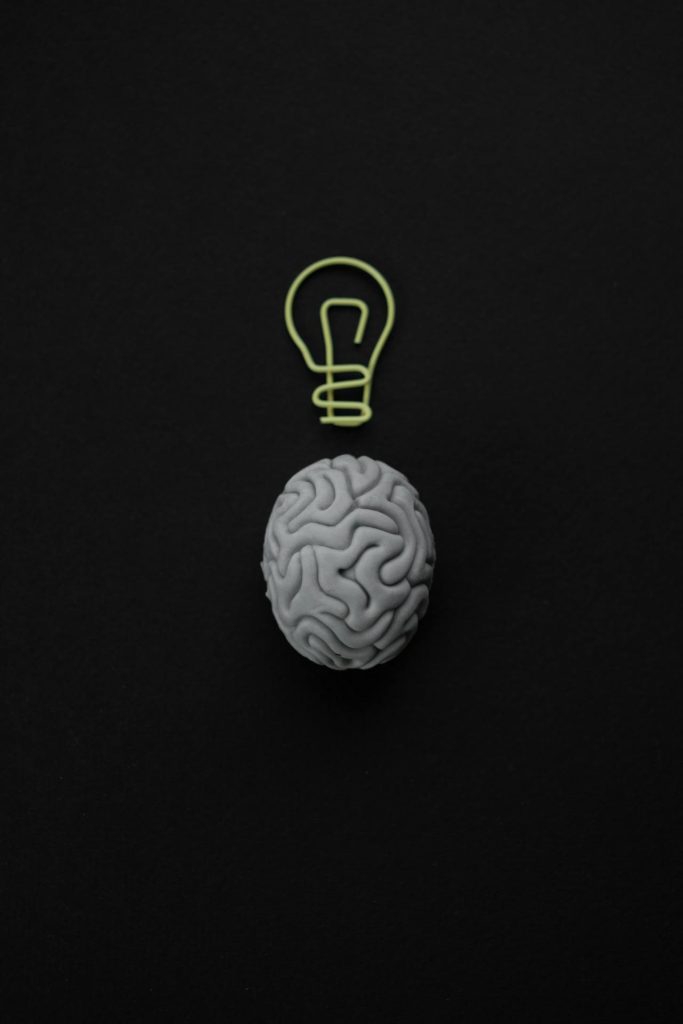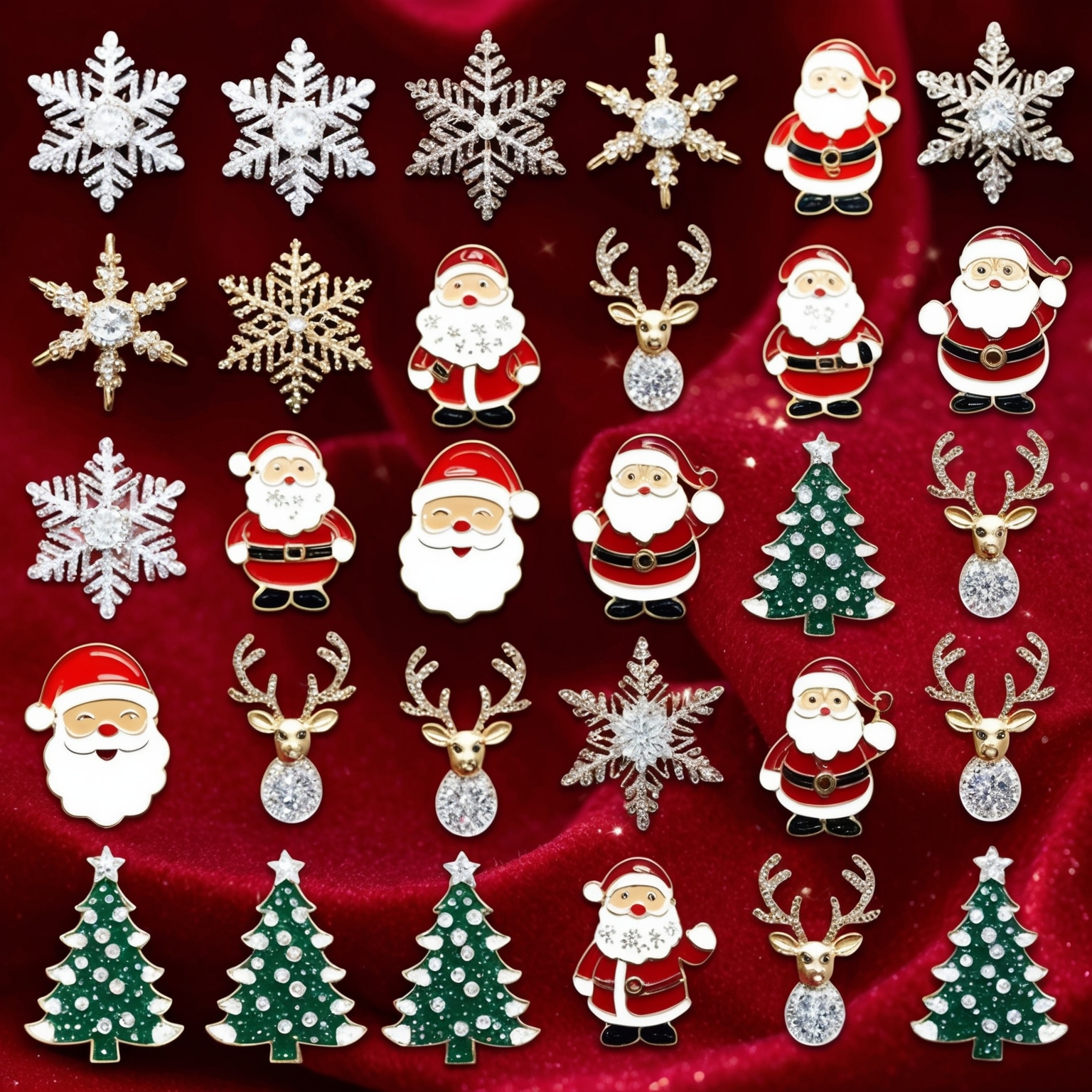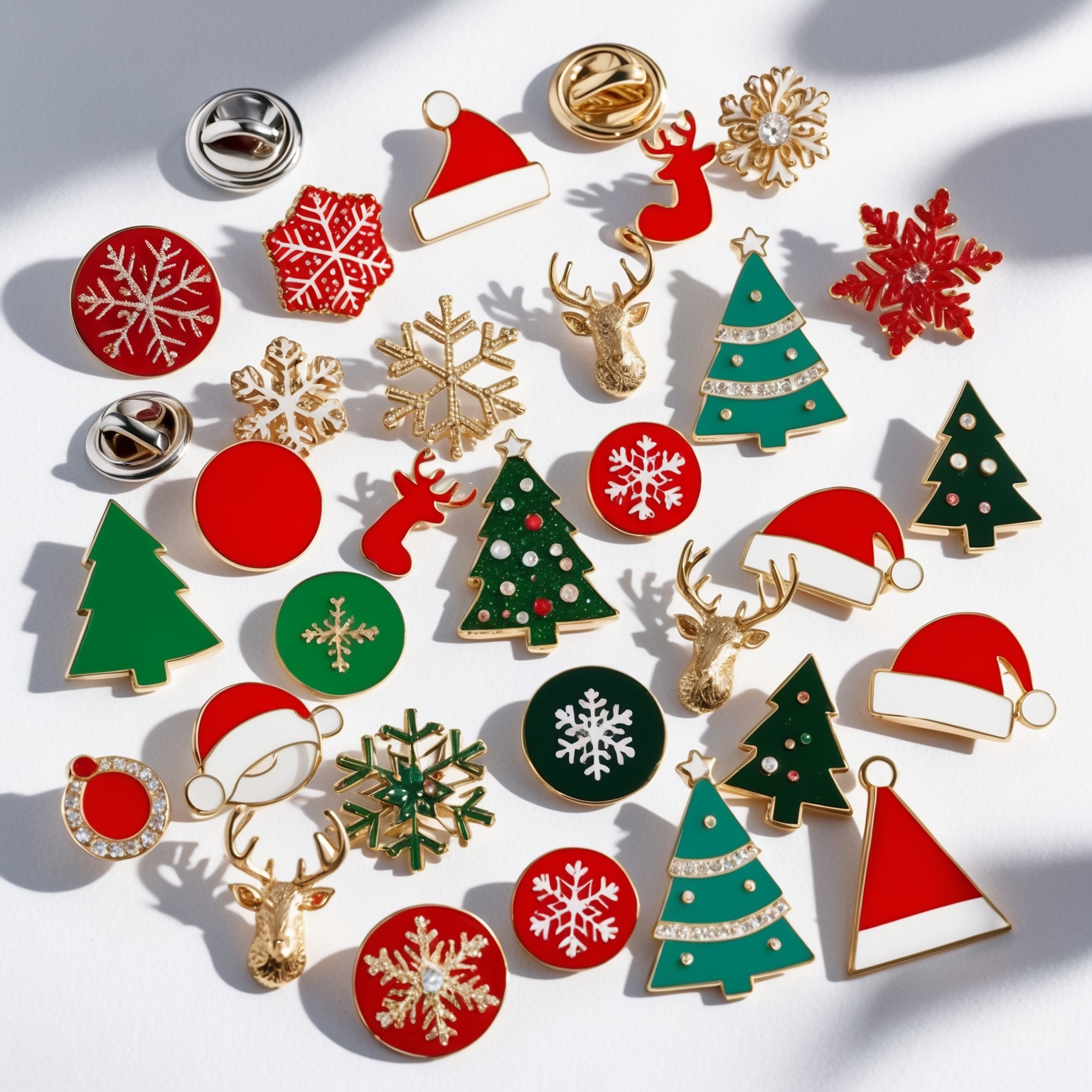Pin collecting is a hobby that has captivated people of all ages and backgrounds for decades. From sports events to theme parks, from military memorabilia to corporate branding, trading pins represent more than just small pieces of metal or plastic; they are symbols of identity, belonging, and passion. For many collectors, the allure of trading pins goes far beyond the physical objects themselves.
The emotional and psychological appeal of pin collecting is a complex and multifaceted phenomenon, driven by a deep connection to the memories, experiences, and communities associated with each pin. In this article, we will explore the various factors that contribute to the emotional and psychological appeal of trading pin collecting, offering insights into why this hobby continues to thrive across generations.
The History and Evolution of Pin Collecting
The Origins of Pin Collecting
Pin collecting as a hobby has its roots in various cultural and historical contexts, with some of the earliest examples dating back to ancient civilizations.
- Historical Significance: In ancient Egypt, for example, metal pins were used as symbols of status and authority. These early pins were often adorned with intricate designs and precious metals, making them valuable items for both their aesthetic and symbolic value.
- Medieval and Renaissance Europe: In medieval and Renaissance Europe, pins were used as badges of honor, signifying membership in a guild, military order, or religious group. These badges were often worn on clothing or hats and were highly prized by their owners.
The Rise of Modern Pin Collecting
The modern practice of pin collecting began to take shape in the late 19th and early 20th centuries, particularly in the context of sports and entertainment.
- Sports and Olympics: One of the most significant milestones in the history of pin collecting was the introduction of Olympic trading pins. These pins became popular among athletes, officials, and spectators as a way to commemorate the Games and foster a sense of camaraderie. The tradition of trading pins at the Olympics continues to this day, with each host city producing a unique set of pins for the event.
- Theme Parks and Entertainment: In the latter half of the 20th century, theme parks like Disneyland and Disney World played a crucial role in popularizing pin collecting. Disney pins, in particular, became highly sought after by collectors, with each new pin release generating excitement and anticipation among fans.
The Expansion of Pin Collecting
Today, pin collecting has expanded far beyond its origins, encompassing a wide range of interests and communities.
- Corporate and Brand Pins: Many companies now produce branded pins as promotional items or gifts for employees and customers. These pins often become collectible items, particularly when they are associated with limited-time events or special editions.
- Community and Cultural Pins: Pin collecting has also become a way for individuals to express their identity and affiliations. For example, LGBTQ+ pride pins, political pins, and pins representing various cultural or social causes have gained popularity as symbols of solidarity and belonging.
The Emotional Appeal of Pin Collecting
Nostalgia and Memory
One of the most powerful emotional drivers of pin collecting is the connection to nostalgia and memory. For many collectors, each pin represents a specific moment in time, a cherished experience, or a meaningful relationship.
Reconnecting with the Past
Collecting pins allows individuals to reconnect with their past, reliving moments that hold personal significance.
- Childhood Memories: Many collectors start their pin collections as children, often acquiring pins during family vacations, school events, or sports competitions. As adults, these pins become tangible reminders of those formative experiences, evoking feelings of nostalgia and warmth.
- Significant Life Events: Pins collected during significant life events, such as graduations, weddings, or milestone birthdays, serve as mementos of those special occasions. The act of collecting pins can become a way to commemorate and preserve the memories associated with these events.
Emotional Attachment to Specific Pins
Certain pins may hold a special place in a collector’s heart due to their association with a particular person, place, or event.
- Gifted Pins: Pins that were given as gifts by a loved one often carry deep emotional significance. These pins may symbolize a close relationship, a shared experience, or a gesture of affection.
- Pins from Travel and Adventures: For many collectors, pins acquired during travels or adventures serve as souvenirs that capture the essence of the places they have visited. These pins become symbols of exploration, discovery, and personal growth.
The Thrill of the Hunt
Another key aspect of the emotional appeal of pin collecting is the thrill of the hunt. The process of searching for and acquiring new pins can be exhilarating, providing a sense of excitement and anticipation.
Finding Rare and Limited-Edition Pins
The pursuit of rare and limited-edition pins is a common motivation for collectors. The scarcity of these pins makes them highly desirable and can create a sense of urgency and excitement.
- Exclusive Releases: Many pin producers release limited-edition pins that are only available for a short period or at specific events. Collectors often go to great lengths to acquire these pins, whether by attending the event in person or participating in online auctions.
- Chase Pins: Chase pins are a type of limited-edition pin that is randomly inserted into sets or series, making them harder to find. The thrill of discovering a chase pin adds an element of surprise and reward to the collecting experience.
The Satisfaction of Completing a Collection
For many collectors, the satisfaction of completing a set or collection is a significant emotional reward. The sense of accomplishment that comes from finding that final pin to complete a series is unmatched.
- Series and Themes: Collectors often focus on specific series or themes, such as pins from a particular event, character, or location. Completing a collection within a theme can provide a sense of closure and fulfillment.
- Personal Challenges: Some collectors set personal challenges, such as acquiring a pin from every state, country, or major event they attend. Achieving these goals brings a sense of pride and satisfaction.
The Sense of Belonging and Community
Pin collecting is not just an individual hobby; it is also a social activity that fosters a sense of belonging and community among collectors.
Connecting with Like-Minded Individuals
Collecting pins can be a way to connect with others who share the same interests and passions. The pin trading community is known for its friendliness and inclusivity, making it easy for collectors to bond over their shared hobby.
- Pin Trading Events: Pin trading events, whether held at theme parks, sports venues, or online, provide opportunities for collectors to meet, trade, and socialize. These events are often filled with excitement and camaraderie as collectors share their collections and stories.
- Online Communities: The rise of online forums, social media groups, and dedicated websites has made it easier than ever for collectors to connect with each other. These platforms allow collectors to share their knowledge, discuss their favorite pins, and even arrange trades or purchases.
Belonging to a Collective Identity
Pins often represent membership in a specific group, organization, or fandom, giving collectors a sense of belonging to a larger collective identity.
- Fandoms and Fan Communities: Many collectors are part of fandoms, such as those associated with movies, TV shows, sports teams, or video games. Collecting pins related to these fandoms allows individuals to express their identity and connect with others who share their enthusiasm.
- Cultural and Social Movements: Pins can also symbolize support for cultural and social movements, such as environmental activism, LGBTQ+ rights, or political causes. Wearing these pins becomes a way to signal one’s values and align with a community of like-minded individuals.
The Psychological Appeal of Pin Collecting
The Collecting Instinct
The psychological appeal of pin collecting is deeply rooted in the human instinct to collect and categorize objects. This instinct has been observed across cultures and throughout history.
The Drive to Accumulate
Humans have a natural inclination to accumulate and organize objects, a behavior that can be traced back to early survival instincts.
- Scarcity and Value: The desire to collect rare or valuable items is linked to the concept of scarcity. When something is perceived as scarce or hard to obtain, it becomes more desirable, triggering the urge to collect.
- Organizing and Displaying: The act of organizing and displaying a collection provides a sense of control and mastery. Collectors often take pride in how their pins are arranged, whether by theme, color, or chronology.
The Role of Dopamine in Collecting
The brain’s reward system plays a significant role in the psychology of collecting. The release of dopamine, a neurotransmitter associated with pleasure and reward, reinforces the behavior of collecting.
- The “Rush” of Acquiring a New Pin: The excitement and anticipation of acquiring a new pin, especially a rare or coveted one, triggers a dopamine release in the brain. This “rush” creates a positive feedback loop, encouraging collectors to continue seeking out new pins.
- The Satisfaction of Possession: Once a pin is added to a collection, the sense of ownership and possession provides a lasting sense of satisfaction. This feeling of satisfaction is another powerful motivator for collectors.
The Need for Identity and Expression
Pin collecting is also a form of self-expression and identity building. Collectors use their pins to communicate who they are, what they value, and what they are passionate about.
Personal Identity
Each pin in a collector’s collection can be seen as a reflection of their personal identity. The pins they choose to collect and display say something about their interests, experiences, and personality.
- Symbolism and Meaning: Pins often carry symbolic meanings that resonate with the collector’s values or life experiences. For example, a pin from a favorite sports team may represent loyalty and dedication, while a pin from a significant event may symbolize personal achievement or growth.
- Customization and Uniqueness: Some collectors choose to create custom pins or seek out unique, one-of-a-kind pins that reflect their individuality. These personalized pins add a special layer of meaning to the collection and help the collector stand out.
Social Identity
Beyond personal identity, pin collecting also contributes to social identity. The pins a person collects can signal their membership in a particular group or community.
- In-Group Identification: Collectors who focus on specific themes or fandoms often identify strongly with the associated group. For example, a collector who focuses on Disney pins may feel a strong connection to the Disney fan community, seeing themselves as part of an in-group with shared values and interests.
- Social Signals: Wearing or displaying certain pins can serve as a social signal, communicating the collector’s affiliations, values, or beliefs to others. This signaling can help build connections with like-minded individuals and reinforce the collector’s social identity.
The Therapeutic Benefits of Pin Collecting
For many people, pin collecting offers therapeutic benefits, providing a sense of comfort, purpose, and relaxation.
Stress Relief and Relaxation
Engaging in the hobby of pin collecting can be a calming and stress-relieving activity.
- Mindful Focus: Sorting, organizing, and arranging pins can be a meditative process that encourages mindful focus and helps collectors temporarily escape from the stresses of daily life.
- Positive Distraction: For those dealing with anxiety, depression, or other mental health challenges, pin collecting can serve as a positive distraction that provides a sense of purpose and joy.
Coping with Loss and Grief
Pin collecting can also be a way for individuals to cope with loss or grief, offering a tangible way to remember and honor loved ones or significant life events.
- Memory Preservation: Collecting pins related to a lost loved one, a past relationship, or a significant life chapter can provide comfort by preserving memories and keeping them close.
- Commemorative Pins: Some collectors seek out or create commemorative pins to honor the memory of a person, pet, or experience. These pins become cherished keepsakes that help the collector navigate their grief.
The Future of Pin Collecting
Trends and Innovations in Pin Collecting
As pin collecting continues to evolve, new trends and innovations are shaping the hobby.
Digital and Virtual Pins
The rise of digital and virtual pins is a growing trend, particularly in online communities and video games.
- Virtual Collectibles: Some video games and online platforms offer virtual pins or badges that can be collected, displayed, and traded within the digital world. These virtual collectibles appeal to younger generations and tech-savvy collectors.
- NFT Pins: Non-fungible tokens (NFTs) have introduced the concept of digital ownership to the world of collecting. NFT pins are digital representations of physical pins, allowing collectors to own and trade unique digital assets.
Sustainability and Ethical Collecting
As awareness of environmental and ethical issues grows, some pin collectors are seeking out sustainable and ethically produced pins.
- Eco-Friendly Materials: Pin producers are increasingly offering pins made from recycled or sustainable materials, appealing to collectors who prioritize environmental responsibility.
- Fair Trade and Ethical Production: Collectors are also becoming more conscious of the labor practices behind the pins they collect. Fair trade and ethically produced pins are gaining popularity among those who value social responsibility.
The Enduring Appeal of Pin Collecting
Despite the changes and challenges that come with the modern world, the core appeal of pin collecting remains strong. The emotional and psychological factors that drive collectors—nostalgia, identity, community, and the thrill of the hunt—are timeless and continue to resonate with people of all ages.
Generational Continuity
Pin collecting is a hobby that is often passed down through generations, creating a sense of continuity and connection between family members.
- Family Traditions: Many collectors inherit their love of pins from parents, grandparents, or other relatives. This shared hobby can become a family tradition, strengthening bonds and creating lasting memories.
- Teaching and Mentoring: Seasoned collectors often take on the role of mentors, teaching younger generations about the history, value, and joy of pin collecting. This mentorship helps keep the hobby alive and thriving.
Cultural Significance
Pins have a unique ability to capture and reflect cultural moments, making them an enduring form of expression and commemoration.
- Commemorating Events: Pins are often created to commemorate significant cultural, political, or social events, making them valuable artifacts of history. Collectors who focus on these pins contribute to preserving cultural heritage.
- Celebrating Diversity: Pin collecting celebrates the diversity of human experience, with pins representing countless cultures, causes, and communities. This inclusivity is part of what makes pin collecting a universally appealing hobby.
Conclusion
Pin collecting is much more than a hobby; it is a deeply emotional and psychologically fulfilling activity that connects people to their past, their passions, and their communities. From the nostalgic memories tied to each pin to the thrill of the hunt and the sense of belonging in a larger community, the appeal of pin collecting is multifaceted and enduring.
As the world of pin collecting continues to evolve, incorporating new trends, technologies, and ethical considerations, its core appeal remains unchanged. The connections we forge through our collections—whether with our own memories, with others, or with the world around us—are what make pin collecting a timeless and meaningful pursuit.
For those who are already part of the pin collecting community or those considering starting their own collection, understanding the emotional and psychological appeal of pin collecting adds a new layer of appreciation to this beloved hobby. As you continue to collect, trade, and cherish your pins, remember that each one is more than just a small object; it is a symbol of the experiences, values, and connections that make life rich and rewarding.
If you are interested in buying high quality custom lapel pins, you can call us at 866-246-9375 or fill out a FREE quote form.






